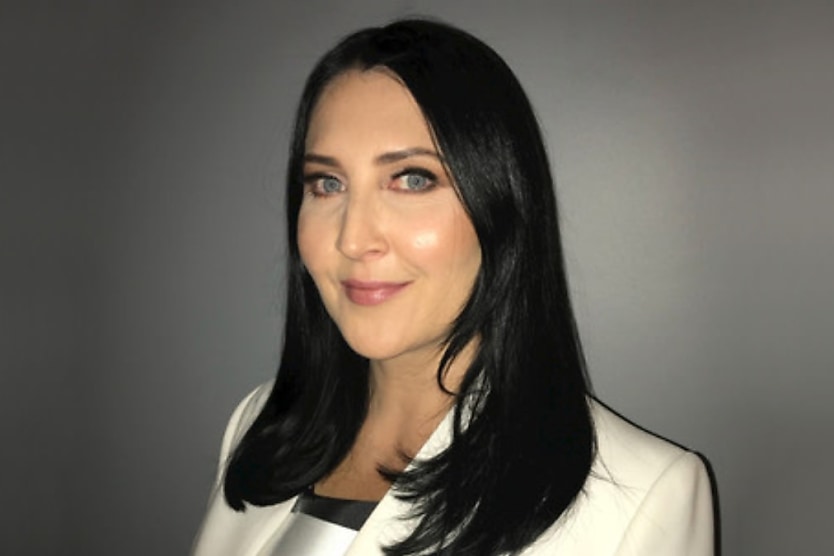Ageism in the workplace sadly alive and well
SHARE THIS ARTICLE

Randstad has revealed disappointing findings for Australia showing an age bias in favour of younger workers when it comes to pay rises. Finances are already stretched for many people at the moment, so Randstad’s findings that just 26 per cent of Gen X and 27 per cent of Baby Boomers in the last year got a pay increase is frustrating.
With roughly only a quarter of older workers seeing their pay go up, the sting in the tail is that 47 per cent of “Young Millennials” (as Randstad terms them), have had a pay rise.
On The inaugural HR Leader Roundtable: What's happening with DEI and what can we do better? on 6 October, the discussion covered discrimination based on age. HR Leader editor Shandel McAuliffe asked Baker McKenzie partner Kellie-Ann McDade about protections against age discrimination.
Ms McDade said: “Age discrimination is probably one of the least litigated areas in discrimination law, I would say. We have probably got better at it over time, but it comes up more often if we’re talking about promotions or opportunities within employment. And obviously with an ageing workforce, I think it might become more of an issue as we go through.”
On age discrimination, including how it relates to the way positions are advertised, Steve Gard, who was also part of the roundtable stated: “I think the main one is around that ‘years of experience’. So that’s the main one we see, but we see it time and time again in job ads. That’s probably the one for me, which I think more employers, more innovative employers are moving away from that and actually defining exactly what they’re looking for. Whenever I see that and somebody talks to me about it, I say, ‘Well, I’ve been playing guitar longer than Ed Sheeran, but I’m certainly not Ed Sheeran.’ So yeah, we do see [it] in job ads, but I think it’s getting better.”
In Randstad’s report: Randstad's Australian Workmonitor 2022, it’s shown that it’s not just pay that’s an issue for older workers, but L&D, too. Thirty-six per cent of Gen Z and 27 per cent of Young Millennials enjoyed chances to learn at work over the last year. But only 17 per cent of Gen X and 11 per cent of Baby Boomers had the same privilege.
In a statement on the results, Jo Jakobs, director for NSW at Randstad lamented: “The number of occupations experiencing a skills shortage in Australia has reached critical levels, and employers who don’t provide purposeful training and meaningful development opportunities will struggle to attract and retain talent. We know that there are companies who have a great value proposition in this area, but even then, we are seeing older workers slip through the gaps in contrast to the attention given to younger workforce generations.”
“These findings can be explained in part by the emerging differences in employee sentiment as younger generations have shifted to a ‘work to live’ mentality and speak up if they feel this is not being supported by their employer,” she continued.
In How people from diverse backgrounds can build their confidence in the workplace, Karen Loon shared: “In my new book, Fostering Culturally Diverse Leadership in Organisations, I interviewed a now successful female business leader, Elizabeth. Elizabeth’s parents were from Hong Kong and the biggest challenge she overcame at the start of her career was her fear of expressing her point of view to people who were older than her. She expressed concern that if she said something different, it would be disrespectful to her more senior colleagues, as in many Asian families, filial piety or respecting one’s parents and ancestors is a core family value.”
Parallels can be drawn between Elizabeth’s experience described above and older workers who may similarly feel more reticent about speaking up at work than their younger colleagues.
Ms Jakobs noted in reference to Randstad’s findings about another area in which younger employees are more outspoken: ESG, that: “It’s clear from the report that younger people are forcing businesses to put purpose and values at the heart of what they do but these differences in employee sentiment between the generations can lead to friction in the workplace.”
But she added: “However, the benefits to bridging these gaps are huge, as a diverse workplace with strong representation across generations opens up a larger talent pool and allows for the range of opinions and ideas that are needed to unlock growth.”
The transcript of HR Leader's roundtable, when quoted above, was slightly edited for publishing purposes. The full conversation from the event is at the link above.
RELATED TERMS
Ageism, often known as age discrimination, is the act of treating someone unjustly because of their age. In the workplace, this might manifest as a person being passed over for a job or promotion, older workers being denied benefits or early termination of employment.
Shandel McAuliffe
Shandel has recently returned to Australia after working in the UK for eight years. Shandel's experience in the UK included over three years at the CIPD in their marketing, marcomms and events teams, followed by two plus years with The Adecco Group UK&I in marketing, PR, internal comms and project management. Cementing Shandel's experience in the HR industry, she was the head of content for Cezanne HR, a full-lifecycle HR software solution, for the two years prior to her return to Australia.
Shandel has previous experience as a copy writer, proofreader and copy editor, and a keen interest in HR, leadership and psychology. She's excited to be at the helm of HR Leader as its editor, bringing new and innovative ideas to the publication's audience, drawing on her time overseas and learning from experts closer to home in Australia.

